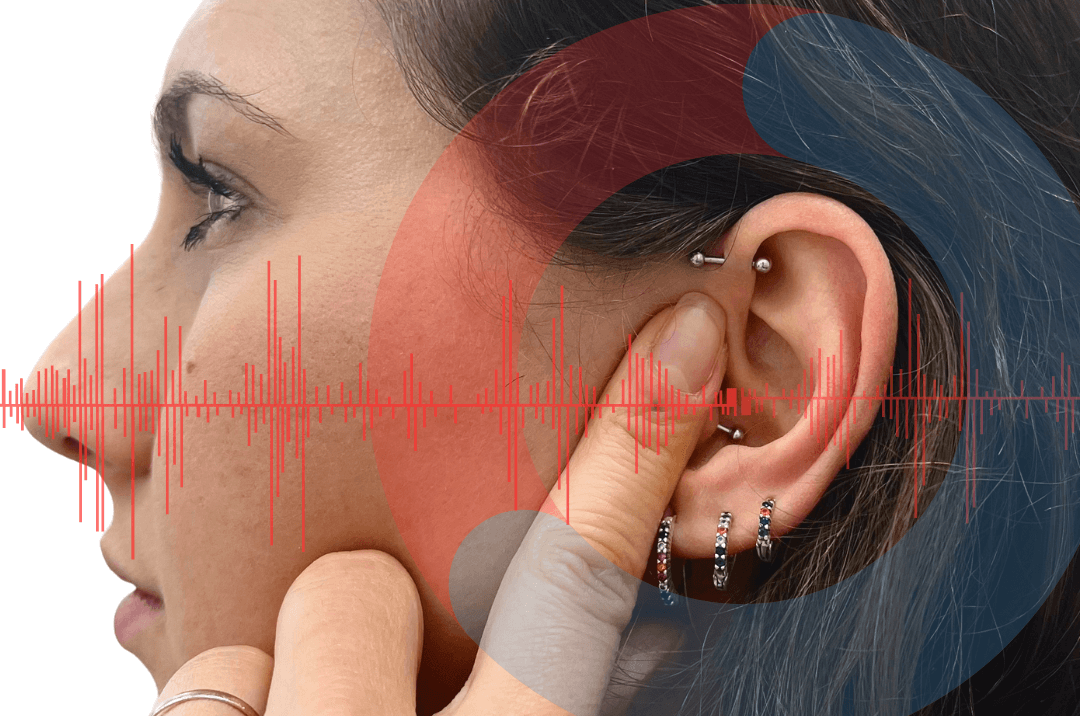
What Is Diplacusis?
Diplacusis is a rare hearing disorder in which a single sound is perceived differently by each ear. Instead of hearing
It is no secret that hearing aids have been an ever-evolving product since their arrival. They are now mini super-computers in your ear that look good and are discreet. There are hearing aids to suit every lifestyle and your Audiologist will be able to help you decide which is best suited to you.
The Categories of Hearing Aid:
No matter which type of hearing aid you go for, they are all designed to help you hear better. The computer carries sounds from the environment into your ear and adjusts them so they are clearer. It does this by filtering out the background noises.
You might want to think about some of the features the aids have when making your selection. Most hearing aids are able to connect with other devices in your home, such as your tablet and TV, by using Bluetooth technology. There are also various accessories you can purchase to accompany your aids to make your experience even better, such as a TV Connector or a remote control for your aids. It is always best to discuss these options with your Audiologist.
If you would like any further advice, please don’t hesitate to contact us.
[html_block id=”3745″]

Diplacusis is a rare hearing disorder in which a single sound is perceived differently by each ear. Instead of hearing

Whether you have children in your life or not, we’re willing to bet you’ve heard of Peppa Pig and her

Tinnitus is the perception of sound when there is no external source. It is commonly described as a ringing in